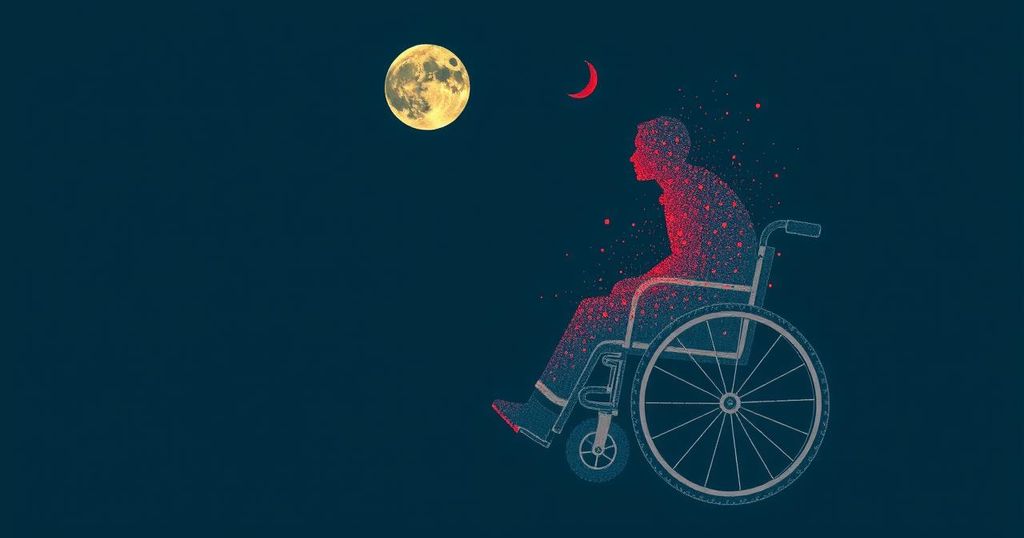Individuals with disabilities form a substantial part of the global population, facing heightened vulnerabilities from climate change. Reports indicate that they are more likely to suffer during climate-related emergencies due to systemic barriers in disaster preparedness and healthcare access. Advocates emphasize the importance of including their perspectives in climate change discussions to ensure equitable responses and interventions.
The impacts of climate change exacerbate the vulnerabilities faced by individuals with disabilities, particularly during extreme weather events. As of now, approximately 1.3 billion people worldwide, or 16% of the population, live with disabilities. This demographic encompassed diverse challenges such as mobility impairments, sensory deficits, chronic illnesses, and mental health disorders, rendering their experiences during climate disasters significantly perilous. For instance, limited access to critical medical supplies and the disabling effects of heat on health management can severely hinder their survival during crises. Moreover, people with disabilities are often excluded from disaster management planning, which further compounds their risk.
Amina Audu, an advocate for disability rights, highlights the systemic neglect that individuals with disabilities face in climate policy discussions, stating that a dedicated platform for their representation is crucial. In the Global South, where 80% of persons with disabilities reside, they face particularly acute threats from climate change due to the intersection of environmental degradation and socio-economic disadvantage. Amina emphasizes the importance of recognizing the agency of individuals with disabilities, urging the community to be active contributors to climate change solutions.
Efforts are underway in countries such as Nigeria, where initiatives like Rebuilding Hope on Wheels empower communities by encouraging advocacy for disability-inclusive climate adaptations. A researcher and health leader, Professor Adesola Odole, is conducting studies to highlight the unique climate-related challenges faced by people with disabilities and promote sustainable practices in healthcare. As the Global Disabilities Summit approaches, calls for the inclusion of disability perspectives in climate change discussions grow louder, underscoring the necessity for equitable representation in all policy-making arenas.
In conclusion, the intersection of climate change and disability demonstrates the urgent need for an inclusive approach to disaster preparedness and response. The call to action from advocates like Amina Audu and Professor Odole emphasizes the importance of ensuring that all voices, particularly those of the most vulnerable, are heard in the ongoing discourse surrounding climate adaptation strategies. Addressing these critical issues through dedicated representation will lay the groundwork for more effective and equitable responses to the climate crisis for individuals with disabilities.
Climate change poses severe threats to vulnerable populations across the globe, with persons with disabilities facing unique challenges exacerbated by environmental degradation. This vulnerability is rooted not only in the physical limitations imposed by their conditions but also by systemic barriers in disaster response planning, healthcare access, and socioeconomic factors that disproportionately affect them. Understanding this demographic’s specific needs is essential for fostering an inclusive approach to climate adaptation and response, particularly in regions most impacted by environmental change.
The significant risk posed by climate change to individuals with disabilities necessitates urgent action to include their voices in policy-making discussions. By advocating for dedicated representation in climate forums and promoting community resilience through projects like Rebuilding Hope on Wheels, leaders and activists are striving to ensure that persons with disabilities have an influential role in shaping sustainable solutions. Emphasizing their unique experiences is imperative for establishing equitable disaster response systems that effectively safeguard all members of society.
Original Source: www.globalcitizen.org






